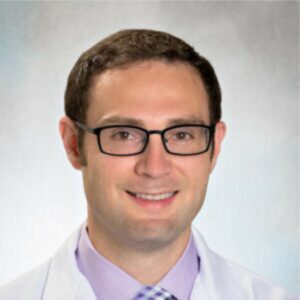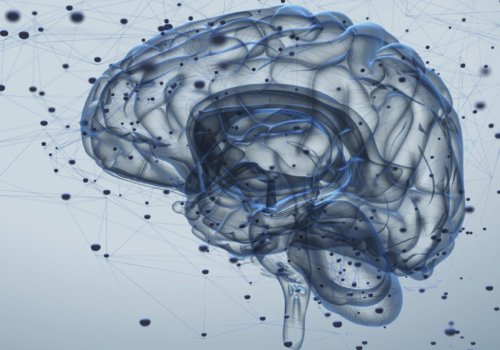February 2022 Society Spotlight
 Meet William Renthal, MD, PhD, FAHS
Meet William Renthal, MD, PhD, FAHS
Welcome to the February Society Spotlight, in which I am delighted to talk about my favorite AHS initiative: the International Headache Academy (IHA). This year, Dr. Elizabeth Leroux and I will be co-directing this event in Los Angeles, if the virus allows, or virtually, if not. The IHA is a very special AHS program that teaches, inspires, and connects the next generation of headache medicine providers, researchers, and educators.
One of the reasons I am so fond of AHS is that it was a pivotal turning point for me in my own career. After completing an MD/PhD program, I knew that I wanted to apply emerging tools in basic neuroscience to important problems in neurology. During my neurology training, I found that there were major gaps in our understanding and treatment of nearly every neurological disease, and I had difficulty deciding how to specialize. At this impressionable time, I was forwarded an email about IHA that started me on an exciting and rewarding path in headache medicine. Upon reflection, there were three particularly transformative moments at my first IHA:
- At a coffee break, I happened to be standing in line behind Dr. Andrew Charles. I introduced myself and he invited me to sit down to look at some recent data from his lab on his laptop. I knew nothing about headache research, and he patiently showed me videos of cortical spreading depression (the neurophysiological correlate of migraine aura) that he could induce experimentally, allowing him to study aspects of migraine mechanistically. In these brief minutes, a spark was ignited that ultimately led me to opening a lab myself to study the basic neuroscience of headache disorders.
- At a dinner, I was enjoying a meal with other IHA delegates when Dr. Peter Goadsby asked if he could join us. I was particularly excited for this opportunity because a paper of his was presented by one of the delegates at the conference a few hours earlier. This paper described a mechanism by which oxygen may inhibit the trigeminocervical complex in the setting of cluster headache. As we began to talk about this work over dinner, I was inspired by his ability to leverage important clinical observations to frame his basic laboratory research. While I cannot recall the main dish or dessert clearly, I am certain the most incredible part of this dinner was meeting a model for how a physician-scientist could excel both in headache medicine and basic neuroscience, while maintaining a sharp focus on bringing scientific discoveries back to patients in the form of novel therapeutics. Indeed, just a few years later, CGRP inhibitors were FDA-approved for the treatment of migraine.
- Walking back to the hotel after the session concluded for the day, I was fortunate to be walking next to Dr. Elizabeth Loder and one of her headache medicine fellows (Dr. Mia Minen). They were discussing the final talk and brainstorming about how it might be relevant to their clinical practice. I recall being amazed by Dr. Loder’s encyclopedic knowledge of clinical studies in headache and thinking that if the sidewalk teaching is this good, what would the fellowship be like? This simple walk played a major role in my joining the headache medicine fellowship at Brigham and Women’s Hospital a few years later.
These are just three of the many great moments at IHA where I could interact with and learn from other delegates and faculty who truly care about building a bright future for the field together. In the 8 years since being a delegate at my first IHA, I have completed my clinical and postdoctoral research training, started a headache research laboratory, and am now excited to co-direct IHA with Dr. Elizabeth Leroux, where we aim to inspire and connect a new class of delegates next month. While COVID forced us to have a virtual IHA last year, we are working hard to build an exciting program even if it cannot be safely done in person. So, if you are looking for a branch of medicine with wide-open research opportunities, a critical need for improved treatments, and a supportive network of clinicians and scientists, we hope you can join us at IHA this year (hopefully in person) to meet over coffee, dinner, or a walk.
William Renthal, MD, PhD, FAHS
Director of Headache Research
John R. Graham Headache Center
Brigham and Women’s Hospital
Associate Member, Broad Institute of MIT and Harvard
Assistant Professor of Neurology, Harvard Medical School
Email: wrenthal@bwh.harvard.edu
Lab: renthal.bwh.harvard.edu
Twitter: @willrenthal


